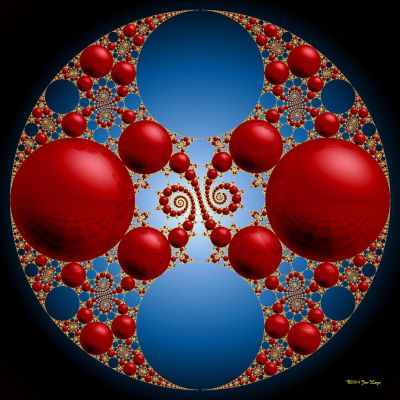About this course
There is no branch of mathematics or science where the concept of symmetry
would not be of upmost importance: From very practical applications
such as finding new solutions to your problem from the old one's
to the very conceptualization of the basic ingredients of a theory.
You find it in physics, chemistry, statistics, geometry,
differential equations and everywhere else.
This class will be about imagination and connections of
different mathematical concepts: from geometry to group theory to algebra.
It will introduce you to the world of symmetries,
especially continuous symmetries and its applications.
A number of symmetry groups (of small dimensions) --
especially their mutual relations --
will be studied very carefully.
These will include rotations, pseudorotations SO(n,1),
the Moebius group, SL(n,Z), SL(2,C), Apollonian group, and more.
One of our basic models will be the Apollonian gasket
-- a certain fractal-like arrangement of circles
(or higher-dimensional spheres),
which recently enjoys much attention due to its reach connections with
different branches of mathematics from geometry to group theory to number theory.
Many of the connections were discovered very recently.
It will be our universe of structures as we engage these topics and concepts:
Lie groups, Lie algebras, spin structures,
inversive geometry,
mathematics of relativity, fractals, number theory, etc.
The topics to be covered are of universal importance and go
beyond any specific applications.
It should be interesting for students from outside of mathematics
(like engineering or computer science or philosophy).
Blog for this class
At Blogspot, no Wiki
At Edublogs, version 1
At Edublogs, version 2
|
|
Textbook
No purchase of a textbook will be neccessary.
Relevant handouts will be distributed in class.
Here is an initial list of books that cover some background material:
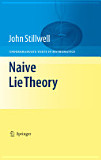
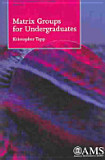
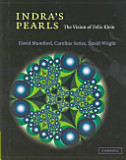
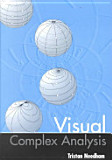
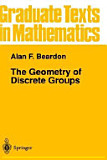
Two friendly introductory books:
John Stillwell: Naive Lie Theory (Springer, 2008)
.
Get it at B&N ($46)
or
Amazon (~$47).
Free at
SpringerLink!
Kristopher Tapp: Matrix Groups for Undergraduates
(Student Mathematical Library, AMS, 2005).
Amazon, $31.
Only $25 for AMS members.
See a few pages on GoogleBooks.
New Chapter 10.
Errata.
Two beautiful books:
David Mumford , Caroline Series and David Wright:
Indra's Pearls: The Vision of Felix Klein.
(Cambridge Univ. Press, 2002).
Amazon
Tristan Needham: Visual Complex Analysis (Oxford Univ. Press, 1999).
Amazon $66.
More...
Samuel Lomonaco:
A Rosetta Stone for Quantum Mechanics with an Introduction to Quantum Computation.
At ArXiv, 95pp.
At AMS, 63 pp.
Alan F. Beardon: The Geometry of Discrete Groups (Springer-Verlag, 1983).
Amazon: $90 Expensive. Try our library.
Birger Iversen: Hyperbolic Geometry (London Mathematical Society Student Texts) (Springer-Verlag, 1983).
Amazon: $47.
Here are a few excerpts on
GoogleBooks.
~~~~~~~~~~~~~~~~~~~~~~~~~~~~~~~~~~~~~~~~~~~~~~~~~~~
|
